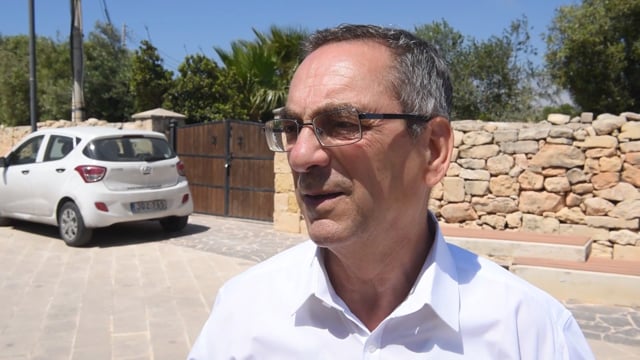[WATCH] Joe Mizzi: I have heard people’s complaints on higher bills, am looking into it
Energy Minister says he needs to have all information at hand before considering any reimbursements


Joe Mizzi has reiterated that he has passed all media reports and complaints regarding the higher electricity tariffs being charged by ARMS, due to the two-monthly billing cycle being used, and is waiting for feedback from the respective entities in order to determine what needs to be done.
Asked whether it would be possible for overcharged consumers to be reimbursed the extra costs they had paid, the Energy Minister told MaltaToday that he did not make decisions based on “what ifs”, and would instead wait till the reality emerged before deciding how to act.
“I have already started receiving information, but will need to evaluate it when I have it all in hand,” the Energy Minister said.
“It seems the system has never changed from the time when it was put in place by the Nationalist administration,” he highlighted, "Had I not heard people's complaints, I would not have done anything, but I have, and will act accordingly."
The issue had been first flagged by economist Marie Briguglio on her Facebook page, where she explained how the two-monthly billing system being used by ARMS could lead to consumers paying more than necessary if their consumption fluctuated significantly between billing periods.
Read more:
Mizzi was in Siggiewi to announce a €100 million EU-funded project related to potable water, water purification and sewage work, the first of its kind in Malta. Part of the project would be related to the Siggiewi area.
“Siggiewi suffers from a lack of good water connectivity,” he said, “This project, the tender for which will be issued soon, will see the laying down of water trenches and pipes, ensuring a safe supply of water to the area.”
He added that a lot of water used in rural Siggiewi was being derived from boreholes, and with this in mind, the project would lead to a better provision of water, reducing reliance on the water table and helping preserve the aquifer.


.png)

.png)



.jpg)




.jpg)






.png)


